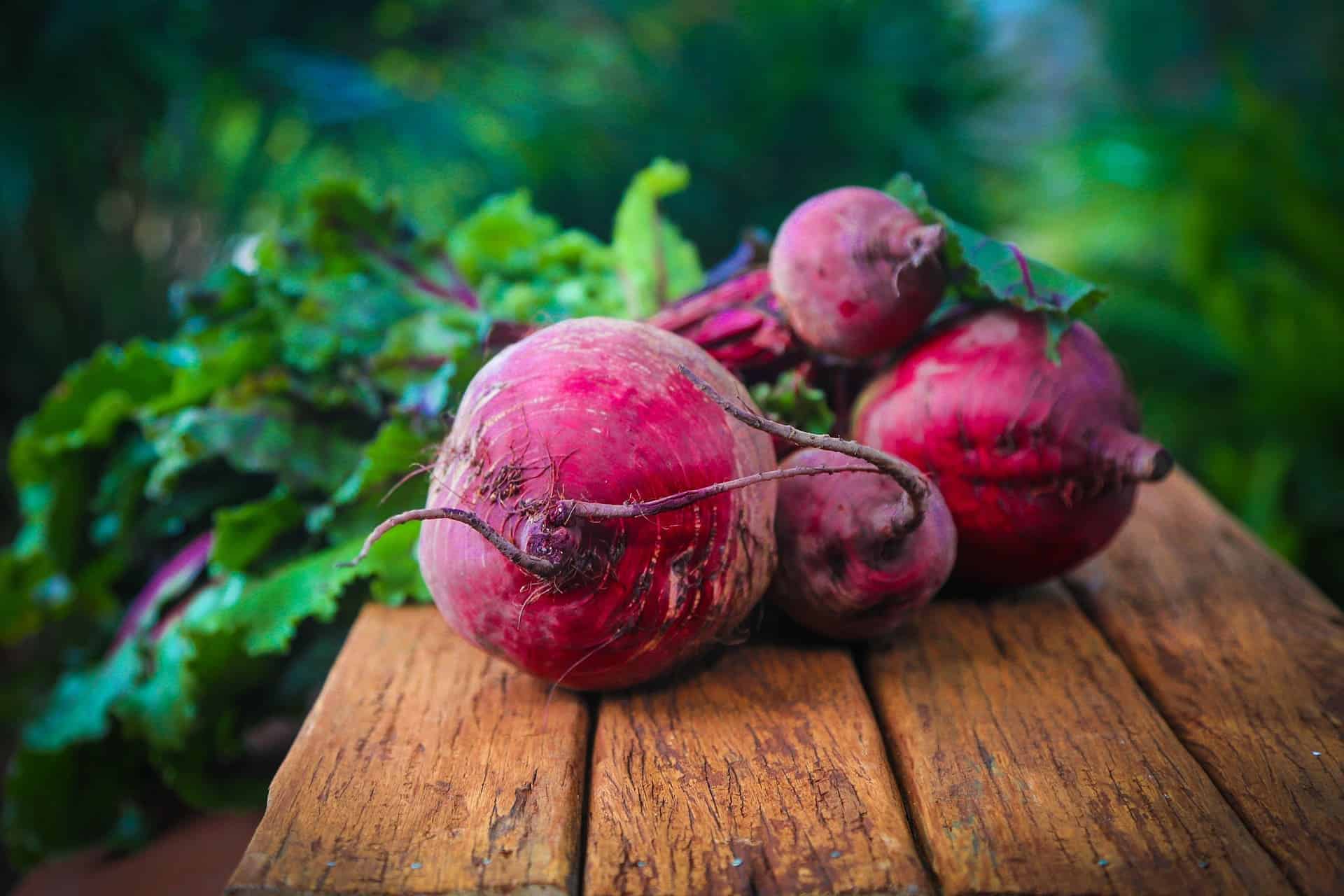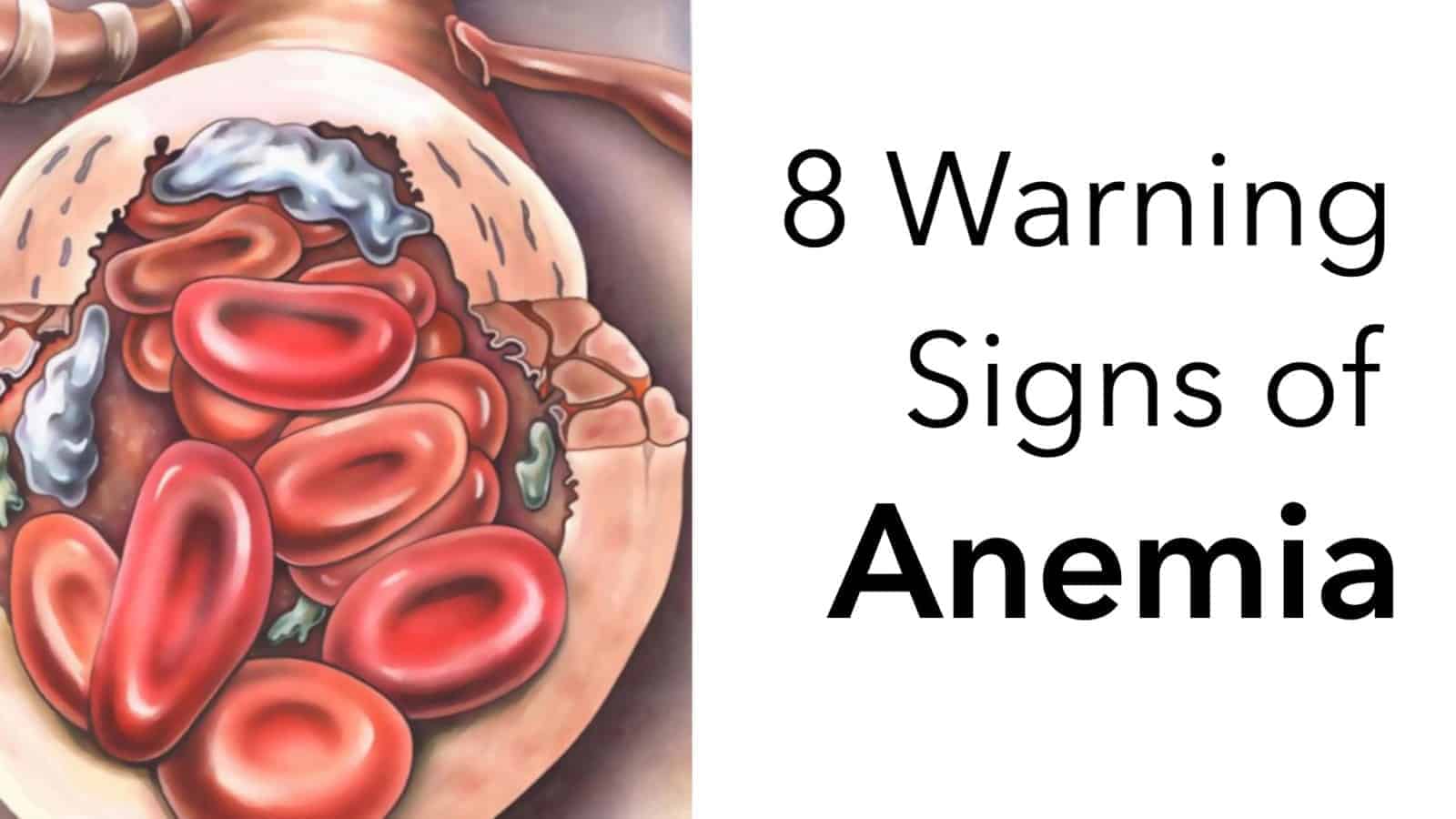Beetroots are popularly called beets and are a common root vegetable utilized in numerous cuisines globally. Beetroots are rich in essential minerals, plant compounds, and vitamins that have medicinal properties.
Hence, the vegetable can assist in offering many health benefits. These include fighting cancer, combating aging, losing weight, and more.
Here are 15 beetroot benefits.
1. Can Assist in Losing Weight
Many beetroot benefits make them suitable for losing weight. One such benefit is that they are filled with water and have low calories. Increasing your consumption of low-calorie foods such as vegetables and foods has been linked to weight loss.
Moreover, they have moderate quantities of fiber and proteins despite having low-calorie content. Proteins and fibers are essential nutrients to consume if you are looking to getting and maintaining a healthy weight. The fiber in beetroots can also assist in promoting weight loss by decreasing appetite and fostering feelings of satiety, which minimizes the general intake of calories.
2. Fighting Cancer
Cancer is a severe and fatal condition that features uncontrolled cell growth. However, beetroot has anti-inflammatory and antioxidant properties that can combat cancer. According to research, beetroot extract has been revealed to minimize the growth and division of tumor cells in animals.
A test-tube study involving human cells discovered that beetroot extract that has plenty of betalain pigments decreased the growth of breast and prostate cancer cells. It is crucial to keep in mind that these studies were carried out in rats and isolated human cells. Hence, there is a need for more research to assess whether the same impacts would be realized in living humans.
3. Supporting Brain Health
As one grows older, their cognitive and mental function decline naturally. For particular people, this decline is significant and can lead to conditions such as dementia. A decrease in oxygen and blood flow to the brain can lead to this decline.
Fortunately, the nitrates present in beetroot can boost cognitive and mental function by enabling the dilation of blood vessels and improving the flow of blood to the brain. Beetroot has been discovered to specifically boost the flow of blood to the brain’s frontal lobe, which is the region linked to higher-level thinking like working memory and decision making.
Moreover, a particular study regarding patients of type 2 diabetes researched the impact of beetroot on simple reaction time, which is a cognitive function measure. Simple reaction time was four percent faster in individuals who drunk 250 ml of beetroot juice every day for 14 days than the control group.
4. Better Digestion Health
Dietary fiber is a critical component of a healthy meal. It has been associated with numerous beetroot benefits like improved digestion. A cup of beetroots has 3.4 grams of fiber, which makes it an excellent source of fiber.
Fiber is not usually digested and instead adds bulk to the stool in addition to feeding healthy gut bacteria. This, in turn, promotes digestive health, maintains regular bowel movement, and prevents conditions such as constipation, diverticulitis, and inflammatory bowel disease.
Additionally, fiber has been associated with minimized likelihood of chronic conditions that include type 2 diabetes, heart disease, and colon cancer.
5. Fighting Inflammation
Chronic inflammation is related to some conditions including cancer, liver disease, obesity, and heart disease. Beetroots have pigments referred to as betalains that can potentially reduce inflammation. But most of the studies on this topic has been done on rats.
Extract and juice from beetroots have been found to decrease kidney inflammation in rats that received injections of toxic chemicals that cause serious injury. Research that involved humans having osteoarthritis revealed that betalain capsules made with extract from beetroots decreased discomfort and pain linked to the condition.
6. Improving Athletic Performance
Numerous studies have shown that consumption of nitrates can enhance athletic performance. Hence, beetroots are frequently consumed by athletes. Nitrates seem to impact physical performance by increasing the efficiency of mitochondria that work to produce energy in your body cells.
A study of participants who consumed 17 ounces of juice from beetroots every day for a week showed that they extended their high-intensity workout by 15 to 25 percent, which indicated a one to two percent improvement in general performance. Consumption of beetroots also boosts cycling performance while increasing oxygen use by up to 20 percent.
It is good to keep in mind that levels of blood nitrate peak within two to three hours. Hence, to increase their maximum potential, it is best to eat beetroots two to three hours prior to training or competing.
7. Keeping Track of Blood Pressure
One of the top causes of death in the world includes heart disease, heart attacks, stroke, and heart failure. A leading risk factor of these conditions is high blood pressure. According to studies, beetroots can vitally reduce blood pressure by a maximum of four to ten mmHg over four hours.
The impact seems to be more significant for systolic blood pressure, which is the pressure during contraction of the heart, as opposed to diastolic blood pressure, which is the pressure when the heart relaxes. The impact can be more powerful for raw beetroots than cooked beetroots.
This impact of lowering blood pressure is caused by the levels of nitrates in beetroots. Inside your body, dietary nitrates are changed into nitric oxide, which is a molecule that causes the dilation of blood vessels in order to drop the blood pressure.
8. Relieving Fatigue
The human body needs a consistent oxygen amount in order to function. This also keeps the body energized. Since the nitrate found in beetroots assists in the dilation of blood vessels, oxygen is transported throughout the body to boost your energy levels.
Iron is another mineral found in beetroots that assists in fighting fatigue and improving stamina. Hence, start incorporating this vegetable in your diet to avoid low energy levels and fatigue.
9. Prevention of Bad Cholesterol
Beetroots are rich in flavonoids, which are dietary fiber, as well as betacyanin. Betacyanin is a potent antioxidant that decreases the oxidation of LDL cholesterol hence preventing its buildup in the arteries.
This process safeguards your heart from a heart attack and stroke. Hence, regular consumption of beetroots can avoid the buildup of bad cholesterol in the arteries.
10. Preventing Osteoporosis
The nitrates in the beetroots get converted into nitric oxide by the body to avoid particular lifestyle-related conditions such as osteoporosis. The vegetable is also ideal for treating osteoporosis since its rich in silica, which is needed by the body to employ calcium effectively. Hence, consuming a glass of juice from beetroots daily can prevent you from getting osteoporosis and other conditions such as brittle bone disease.
Research shows that betaine supplements assist in lowering homocysteine levels in your body. Excess levels of homocysteine can increase the risk of osteoporosis.
11. Reducing Aging
Beet greens have vitamin A as well as carotenoids that can be beneficial to your health. They also have a decent amount of lutein, another powerful antioxidant. These minerals will combat free radicals and wrinkles as well.
A Chinese study discovered that sugar beet molasses have exceptional antioxidant properties. Moreover, the phenolic levels present in these molasses revealed anti-aging properties.
12. Better Sexual Health
Beetroots have been utilized as aphrodisiacs for the longest time. They have significant amounts of boron, which is a mineral directly linked to sex hormone production. Beetroots also have a relaxation effect.
Betaine found in beetroots assists in mind relaxation while tryptophan promotes happiness. The two compounds can assist you in getting yourself in the mood. According to Saudi Arabian research, the juice from beetroots can also aid in treating sexual weakness.
13. Treating Anemia
Anemia is caused by low levels of iron in the body. It was discovered that beetroots have high levels of iron, and the mineral is better absorbed from beetroots than some other vegetables.
Research by the University of Maryland Medical Center revealed that beet greens have high levels of iron and can assist in fighting anemia. Beetroots also have folate that can assist in treating anemia.
14. Healthy Pregnancy
According to research on the advantages of beetroots, particularly due to their nitrate concentration, it was discovered that the nutrient was beneficial to pregnant women. But there is a need for further research.
Beetroots also have high levels of folic acid that are beneficial to pregnant women. Folic acid aids in the prevention of neural tube defects in infants.
15. Better Liver Health
Beetroots have calcium, antioxidants, iron, betaine, and B vitamins that are vital to a healthy liver. Beetroots also thin the bile in the liver, which allows it to flow via the small intestine and the liver easily. This further improves the health of the liver.
Betaine in beetroots also assists the liver in eliminating toxins. The fiber present in beetroots assists in clearing the toxins that have been eradicated from the liver, ensuring they don’t get back to the body.
The liver also has copper and zinc that can assist in safeguarding the liver cells from oxidative stress. A study from Poland revealed that beetroots could ensure the liver is safe from oxidative damage.
Conclusion
If you are looking to consume a vegetable that will come with these numerous beetroot benefits, beetroots are perfect for you. What’s more, you can have it as a juice too, making it versatile and easy to incorporate to a regimen.
The numerous vitamins and minerals will ensure your sexual health, brain health, blood health, digestion health, and other areas of the body are in optimal conditions. There is no better vegetable to help you feel relaxed and lose weight at the same time than beetroots.














 Community
Community

